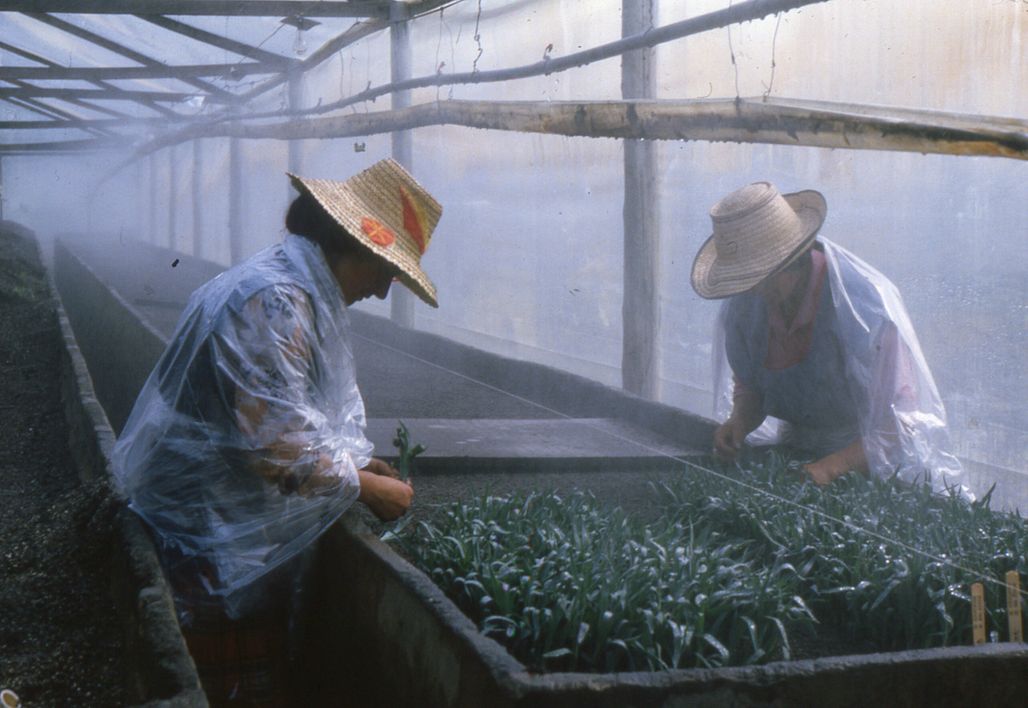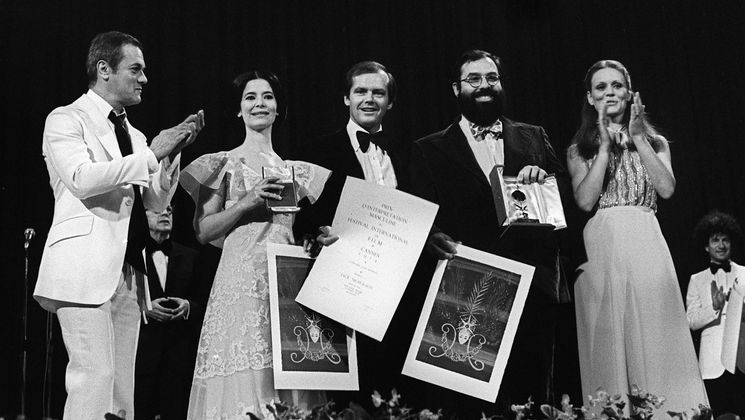
Amor, mujeres y flores (Love, Women and Flowers), the scandal of Colombian carnations.

Amor, mujeres y flores (Love, Women and Flowers), a documentary from 1984 screened at Cannes Classics in a restored version, was an early denunciation of the deplorable working conditions of the Colombian women who worked in the carnation plantations of the Bogotá savanna north of the capital. By attacking this symbol of Colombian success, Marta Rodriguez succeeded at the time in bringing about change. The Franco-Colombian Gabriela Torres works in the production company founded by the famous documentary maker. She tells us about the origins of this film.
How did this project come about at the time?
The documentary was Jorge Silva’s idea, Marta’s husband and companion. They were a couple of directors who emerged from New Latin American Cinema, a movement of engaged leftist filmmakers who created a network in Latin America. They’re an iconic couple of this movement. Jorge became interested in social conflicts, both rural and urban, and in these women workers in the flower industry particularly. As things went on, the pressures around the film caused Jorge to fall ill and he died in the middle of shooting. Marta took the reins and finished the film despite all of the political difficulties and despite the powerful flower lobby, who treated the employees as liars.
When did they become interested in this subject?
Jorge came from a modest background, his mother was a housekeeper and he did not have an education. He was self taught. He had this image of his mother, a single mom who was a victim of workplace violence, and he saw his mother in these women from the flower growing industry. He wanted to talk about it, to make the work of these women visible, and he started to co-produce the film with an English producer for a TV channel.
Was it known at the time that dangerous phytosanitary products were being used?
Not at all. He realized it because he had some family and acquaintances in floriculture. That’s how he started to get involved and he progressively discovered all these problems, environmental and social. That’s why he made a lot of enemies: he started off trying to speak freely before realizing that the image that was being sold by the flower industry was not at all true to reality. This subject was very symbolic as at the time, the Colombian flower industry, and of carnations, was at the centre of world production.
What impact did the film have?
Marta still believes that it’s one of her most effective films, in any case at the time, because it allowed, as we can see in the film, for the undertaking of the beginning of a strike. People began to become aware of the reality of their work and how dangerous it was. Marta had this desire to support people, whether in education or in terms of workplace safety, for example. She implemented classes to raise awareness about pesticides and, in the short term, the film forced flower companies to better supervise and protect workers. Marta still works like that: she’ll make a film but on the side, she wants it to have an impact on the reality of the subjects and their lives.


